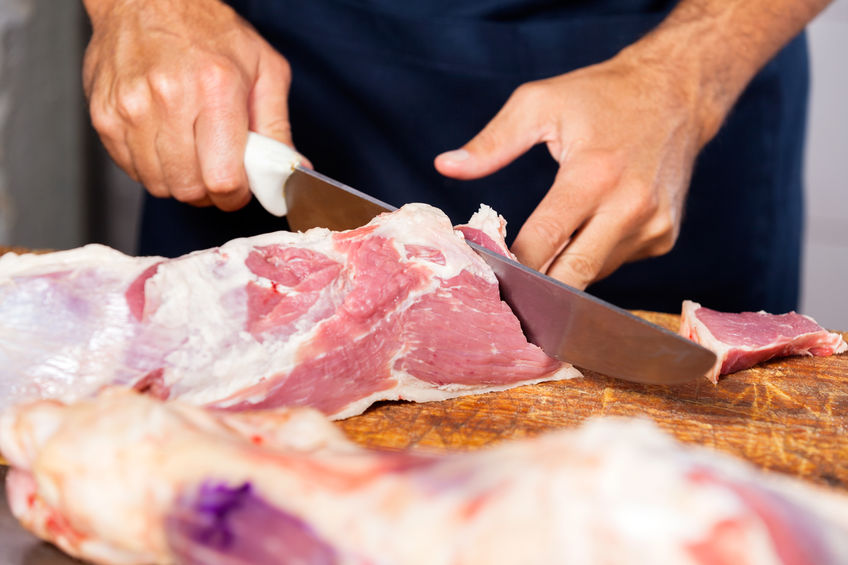Amazing Facts About Butchers
Butchers have existed around the same time humankind discovered the art of raising livestock, and will continue to exist for as long as there is a demand for meat, which is, well, until the end of time.
However, with big supermarkets taking over our daily lives and addressing our grocery needs, we encounter butchers less and less. Often, we settle with pre-packaged meat that we grab straight from the freezer section, and with all the self check-out counters and online shops popping around, there really isn’t much human interaction anymore when we purchase our meat.
So, perhaps it’s time to familiarize ourselves with just what it is butchers do, and why we need them in our lives.
Amazing Facts About Butchers
Butchers cut, prepare, and sell meat products.
This sounds a tad obvious, but bear with us. After all, a lot of people seem to think that butchers are only responsible for chopping up a slice of meat into small cubes and that’s that.
The stuff we get from supermarkets most likely come from industrial meat processors, which basically means the meat is largely processed by machines under minimal human supervision.
Local butchers, on the other hand, are very hands on in what happens to the meat, from the moment it arrives as a whole animal, until the point of sale where you get bite sized cubed meats and processed sausages.
Slaughter
Here’s how they do it: first, the carcass is cleaned up, the hair, skin, head, and feet are removed, then the body is cut up into large chunks called primals. Then, it is further cut up into retail sized pieces, which is what you see on meat counters. Butchers also do all the extra steps required, such as de-boning, trimming fat, and grinding.
Preparation
And, that’s just on preparing the meat. Butchers also often process meat products into delicious smoked hams, fatty burgers, chunky sausages, cured meats, and so on. These are freshly made in house, and from quality ingredients.
Sale and management
Furthermore, butchers are also in charge with the weighing, labelling, and pricing each meat product. When it comes to product management, they take the time to look for trustworthy suppliers from local farmers and producers, as well as take orders for meat processing services, like in the case of hunters looking for a butcher to handle his wild game.
Education
After all of that, they are also the ones who will sell these meat products to you, all while happily entertaining any questions you may have about meat. Your local butcher is ready to educate you on the many different meat cuts and what you can do with each one, how to handle meat safely, what kind of dishes you can prepare, how to best cook the meat, and so on.
While there is no formal education for butchery and meat processing, all the years of hands on experience that butchers have make them extremely knowledgeable on all things meat. Well, you would be too if you deal with it day in and out.
Butchers are highly skilled professionals.
Since a butcher’s job is multifaceted, it goes to say that a butcher is highly skilled in various areas. Dealing with meat alone requires them to be physically fit and able, in order to lift whole animals, operate machinery, cleanly slice through muscle and bone, stand for long periods of time, and work under cold environments to preserve the meat.
The attention to detail, precision, and patience required when performing certain meat cuts and preparing the meat into sumptuous processed products is really quite unparalleled. They also have to be able to identify exactly which is what and where it came from, and keep things clean and separate from each other at all times, all to avoid cross contamination and maintain the same quality throughout.
And, even though butchers work with dead animals for hours on end, they are also some of the most people oriented individuals you can ever come across. Since butchers handle the sale and management of their own products, they interact with a lot of suppliers and customers on a daily basis, and have developed superb customer service skills.
This is so they can understand their customers’ needs, educate the customer on what’s best for them, and entice them to buy meat from the butcher shop.


